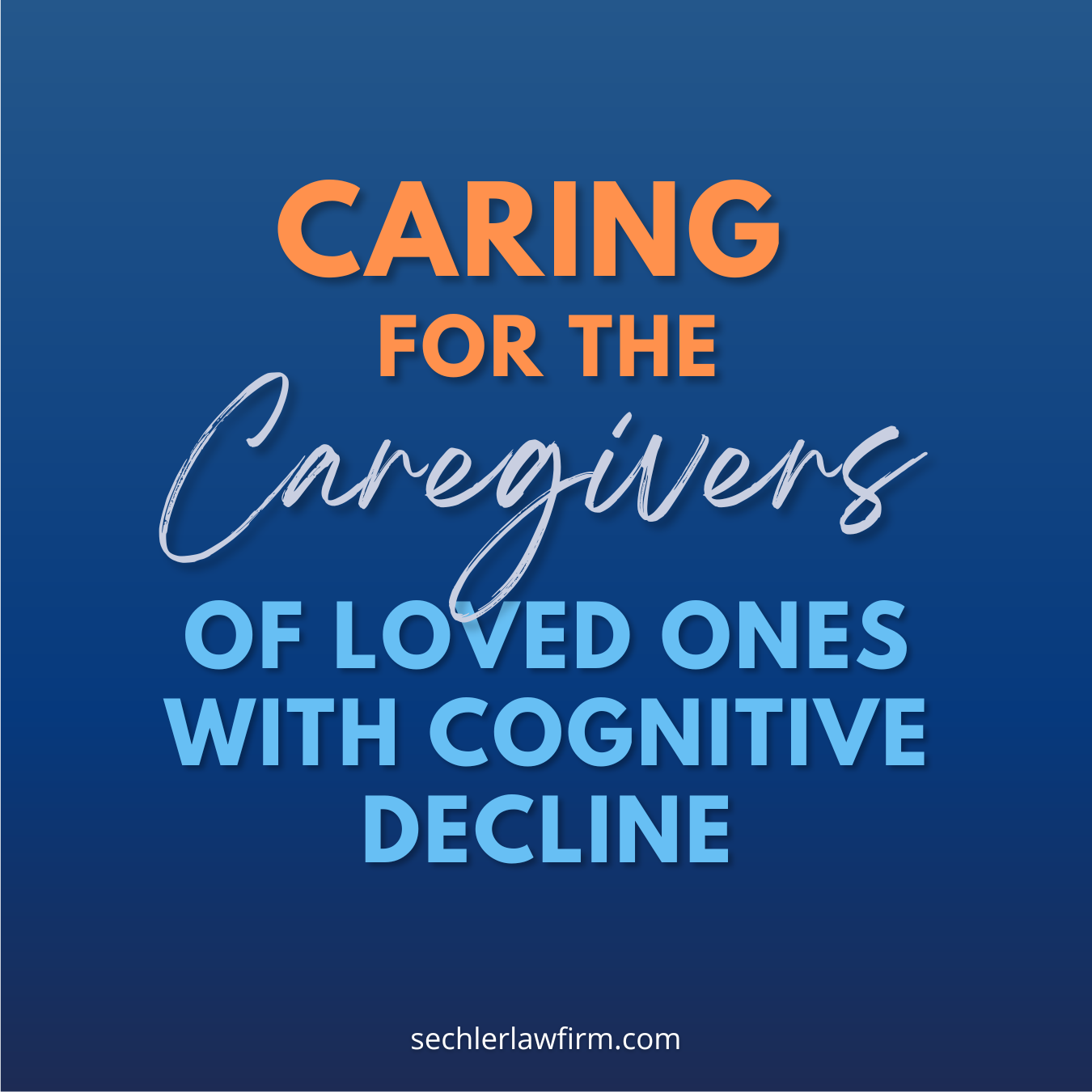When a loved one is diagnosed with Alzheimer’s or another form of dementia, it’s not just the individual who faces challenges—their caregivers do too. Often, caregiving roles are taken on by family members, who pour their time, energy, and emotions into ensuring their loved one receives the best possible care. But, as noble and fulfilling as caregiving can be, it can also be a source of significant stress.
The Hidden Toll on Caregivers
Caregivers frequently experience what’s known as “caregiver burnout”—a state of physical, emotional, and mental exhaustion. This can manifest in various ways:
- Physical Exhaustion: Long hours of caregiving, often on top of other responsibilities, can leave caregivers physically drained.
- Emotional Stress: Watching a loved one decline can be emotionally taxing, leading to feelings of grief, frustration, or even guilt.
- Isolation: Many caregivers find themselves socially isolated, as their time is consumed by the demands of caregiving.
Without the right support system in place, caregivers may struggle to cope with these pressures, which can, in turn, affect the quality of care they provide.
Why It’s Important to Care for the Caregiver
Taking care of caregivers isn’t just about their well-being; it directly impacts the health of the person they care for. A well-supported caregiver can provide more compassionate, attentive care, which ultimately benefits the person with cognitive decline. Burned-out caregivers, on the other hand, may unintentionally become overwhelmed, leading to mistakes, frustration, or tension in the caregiving relationship.
Strategies for Reducing Caregiver Stress
While caregiving is demanding, there are ways to lighten the load and prevent burnout. Here are a few key strategies that can make a big difference:
- Seek Respite Care: Caregivers need time to rest and recharge. Respite care services, whether through in-home care providers or facilities that offer short-term stays, can provide temporary relief, giving caregivers a much-needed break.
- Establish a Long-Term Care Plan: Planning for the future is critical. By setting up documents such as a Power of Attorney and healthcare directives early on, families can reduce the number of last-minute decisions caregivers have to make. This sense of preparedness can alleviate stress and help families feel more in control.
- Join a Support Group: No one should have to go through caregiving alone. Support groups—whether in person or online—allow caregivers to connect with others who understand the unique challenges they face. These communities can offer emotional support, practical advice, and a reminder that caregivers aren’t alone in their journey.
- Embrace Self-Care: Caregivers often forget to prioritize their own well-being, but self-care is essential. Whether it’s taking a daily walk, reading a book, or simply spending time with friends, caregivers should carve out time for activities that bring them joy and relaxation.
- Ask for Help: It’s okay to ask for assistance from family, friends, or professionals. Sometimes, even small tasks like meal prep or running errands can make a significant difference in easing a caregiver’s load.
Supporting Those Who Support Us
Caregiving for a loved one with cognitive decline is a labor of love, but it doesn’t have to be a stressful journey. By building a strong support network, making time for self-care, and planning ahead, caregivers can ensure they are equipped to take on their role while also preserving their own well-being.
If you or someone you know is in a caregiving role, remember—help is available. Seeking support isn’t a sign of weakness. Rather it is a critical part of ensuring that you and your loved one get the care and attention you need. Reach out today to discuss how you can incorporate long-term care planning into your family’s future. Our firm’s social worker Megan, and attorney Roxanne, host a monthly Caregiver Support Group. If you would like more information, please email megan@sechlerlawfirm.com for more information. The next meeting will be held on October 8th.









